SEO and Search Marketing are complicated because they're scattered across the internet. Making sure you have email notifications set up is the most effective method of staying at the forefront of all things. The most important email alerts are reputation monitoring alerts, competitors' social media activities, the latest backlinks, and much more. In actual fact, Google offers email alerts for each of Google Analytics and Search Console, which is a must for anyone who owns a website. I'll go over the most important things that you must set up!
Why are email alerts useful?
In the case of creating an email inbox that is separate from your business, it's not an ideal idea to keep the archive separate from your company emails. It is nevertheless a great idea to connect that inbox to your mobile mail application in order to keep track of its traveling.
- Email alerts are not easy to ignore. Dashboards are my favorite because they bring multiple data sources in one place, but life can be too hectic all the time, and I could forget about my dashboard for many weeks. A notification via email is inevitable. Even if there's not enough time to go through an email, I can swiftly look it up while browsing through emails and then check if the email requires my attention in the nick of time.
- Archiving emails: This results in an ever-growing database of everything that's ever occurred on my website. I can go through my archive at any time to find out what occurred and assign any changes in traffic to an alarm.
- Email providers can be completely free. You can create an inbox for free at Gmail in a matter of seconds and keep using it at no cost for many years until you're out of space.
Google Analytics alerts
Notifying your customers of a decline in traffic is crucial for maintaining your organic search engine visibility. It is the first element of a vital SEO job called SEO maintenance.
Google Analytics offers a custom alerts feature, allowing you to be alerted when something odd happens to your website.
1. Alerts about traffic drop in Google Analytics
There are a variety of ways to create traffic drop alerts within Google Analytics. This is the simplest one. Establish your conditions that send an email notification. For example:
- Set up a traffic source that is "Google."
- Make sure you set up your trigger. To make it simple, I set it to notify me when my organic traffic falls to a level that is unusual.
Make sure to tick the box that reads "Send me an email when the alert occurs" to be notified via email when your traffic is to a predetermined level.
You could also decide to set an amount of loss. This way, you don't have to change the threshold when your volume of traffic increases.
2. Direct spike or referral alert
If one of your content assets is becoming viral, you need to be aware of that so you can be able to monitor the growth, assist in helping it expand, or respond to the comments.
If it was your item that is featured by a popular social media person, and then suddenly people start writing your name down to buy your product, it is important to know that you should know immediately.
This is why this warning is a great idea to develop.
In this case, you may remove Google as a source of traffic in order to prevent an organic increase and decrease from skewing your figures:
3. Revenue drop alert
In the end, if you are using Google Analytics for an ecommerce setup, be sure to make this alert.
To do this, I limit track of all traffic sources and then select "Revenue" within the "Ecommerce" section of the drop-down menu. You can also choose the percentage of loss.
Spend some time estimating the amount you would like to be informed about. Be aware of your days with a lower volume (weekends) and months, and keep track of those "normal" revenue drops.
There are a variety of other web analytics tools. Many of them send email notifications, which means you don't need to use Google Analytics.
4. Alert for lower load time
Google Analytics records how long your site loads and gives you analyses of the data to allow you to pinpoint slow pages. Since the time that speed of your website has become an essential ranking factor monitoring the time it takes to load your website is essential.
You will be notified via Google Analytics when your page speed drops in the middle of the night so that your team of developers is able to quickly identify:
Alerts from Google Search Console
The Google Search Console will send you an email notification of any significant changes or problems in default. You don't have to configure them. All you have to do is confirm your site's existence using Google's Search Console (here's how).
Search Console will immediately notify you of three significant situations:
5. Malware alert
If your site has been compromised If your site is compromised, you must be aware immediately as it could lead to possible suffering a reputational issue or any other leak of personal data.
Google's malware alerts can be very useful. If you're in need of the motivation to test your website's security using Search Console, this is the best option. Google's malware warnings are the fastest and most accurate available. They're also absolutely free!
Monitor your website's updates is also a great option since you'll be notified immediately of any text or code added to your website pages, so you can take action to prevent the possibility of your website being placed on Google's "hacked websites" list.
6. Internal errors alert
If Google detects an unusual increase in indexation or internal errors, you'll receive an email notification from Search Console.
There are other monitoring tools that can alert you when your website is not working or has a problem. While they're not advertising alerts, they would recommend taking a look at them too.
7. Alerts for penalty violations that are sent to the manual
If you are hit with an administrative fine, Google will send you an email notification to swiftly solve the problem. While I'm hoping you don't receive any of these penalties, it does give you peace of mind knowing that you'll be notified in the event of an incident.




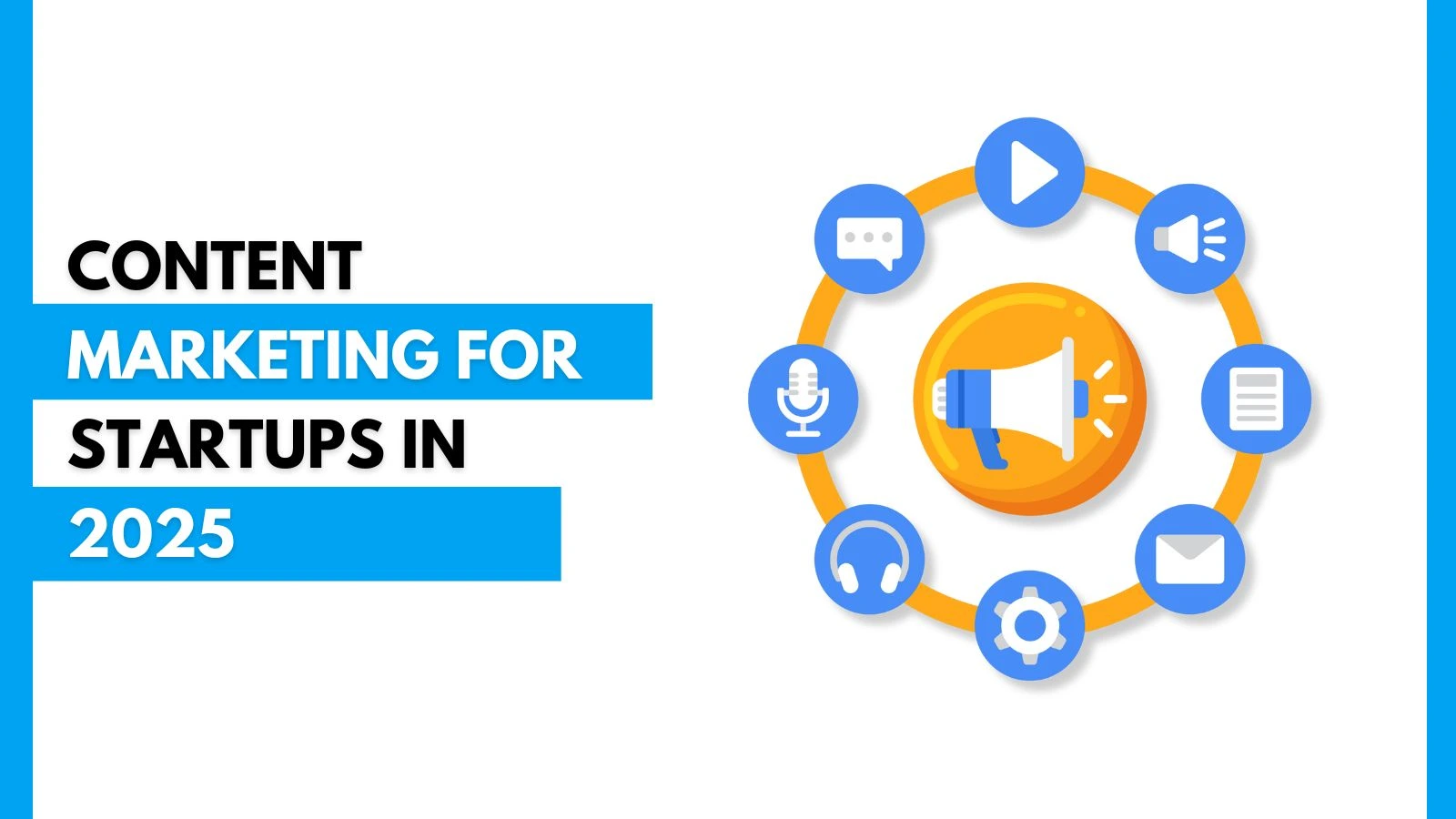

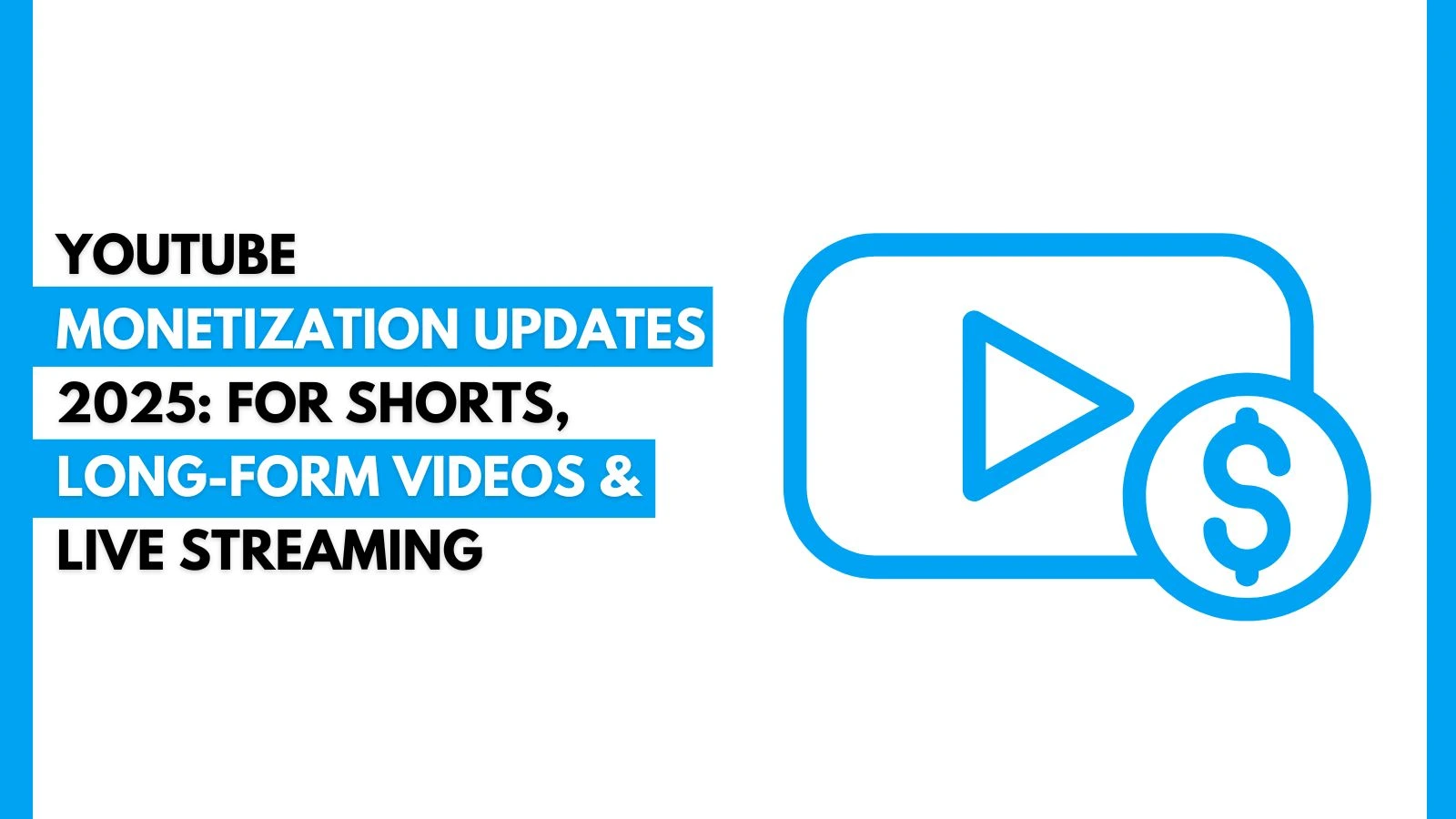
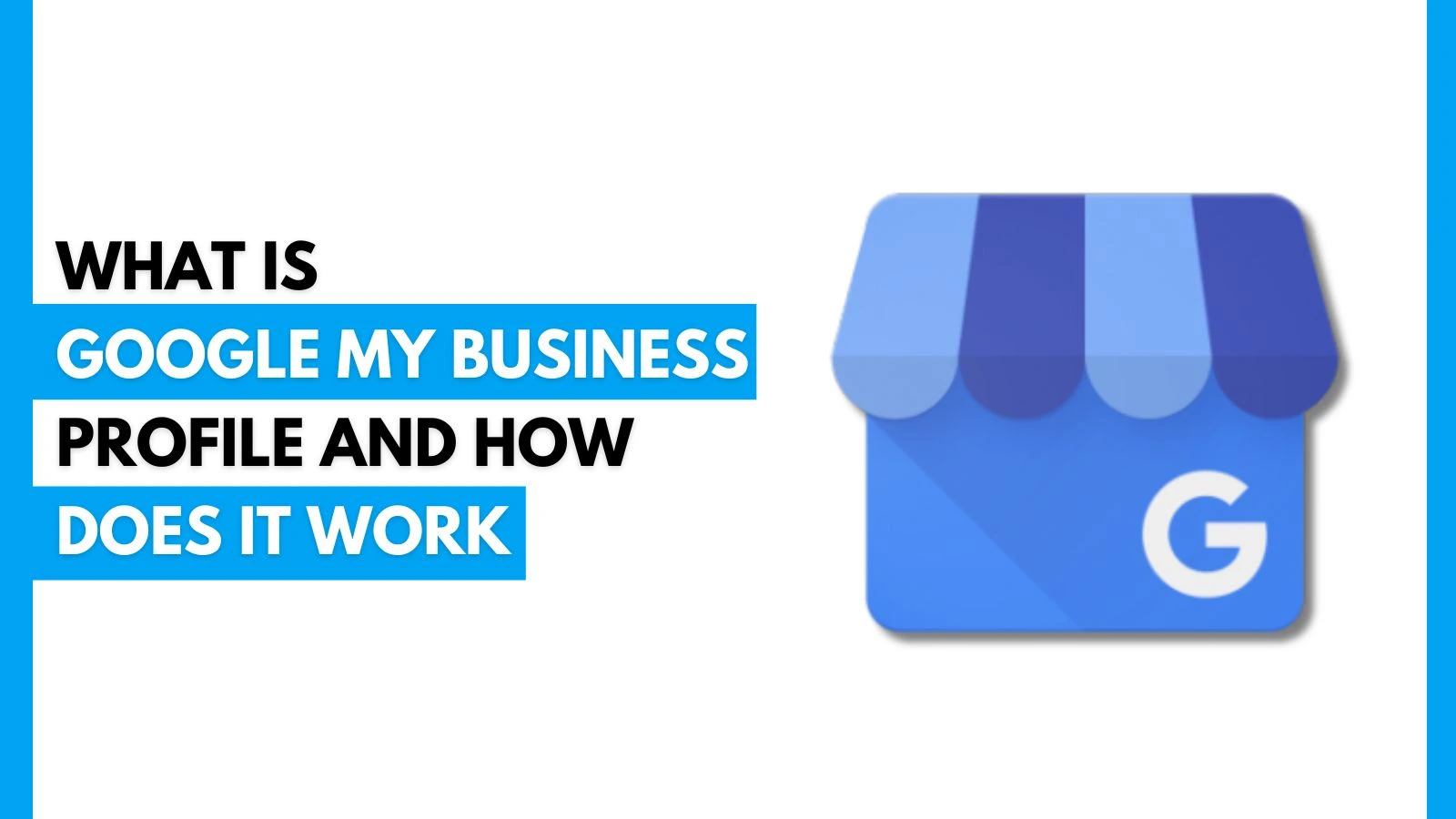
.webp)
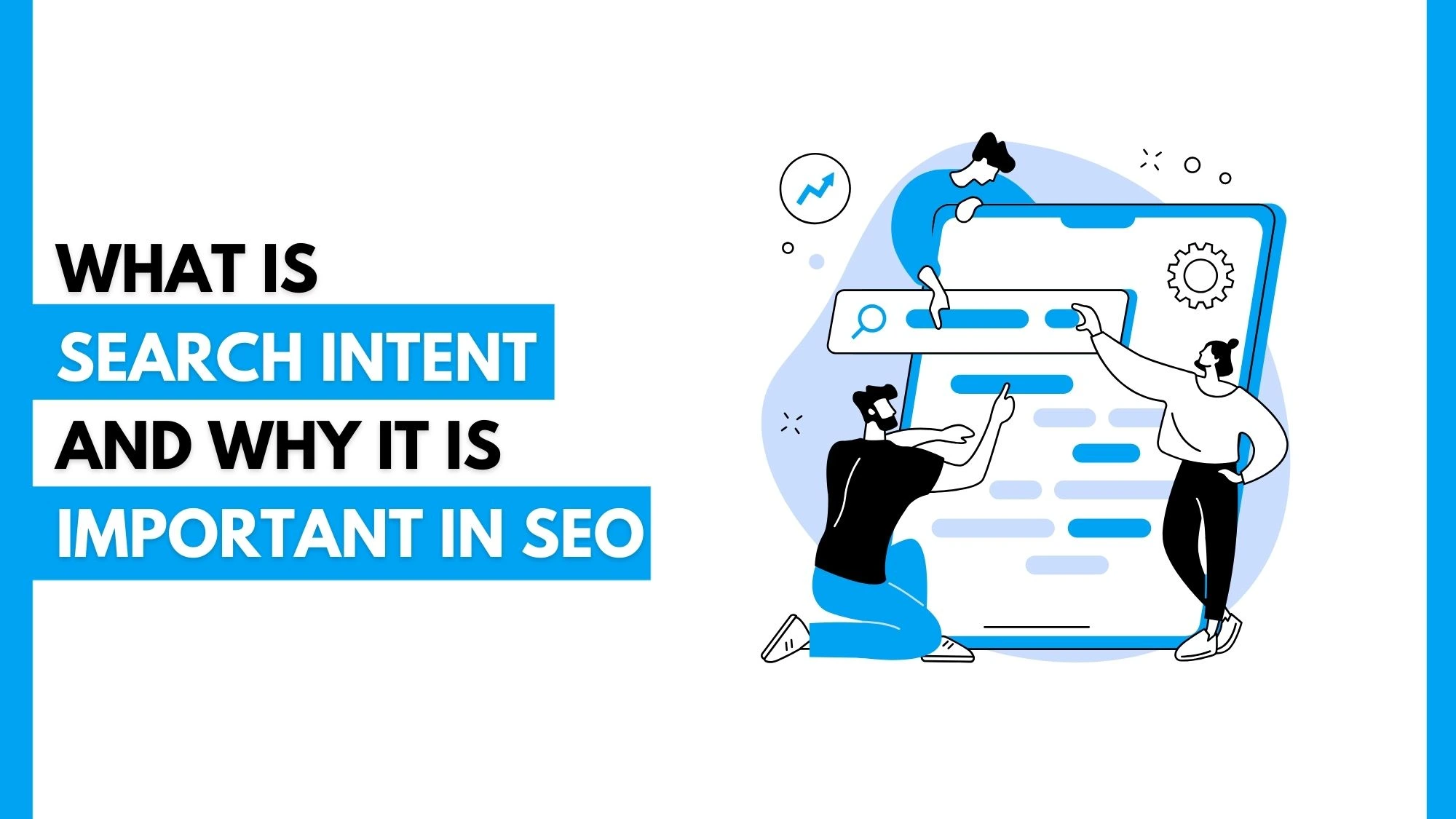
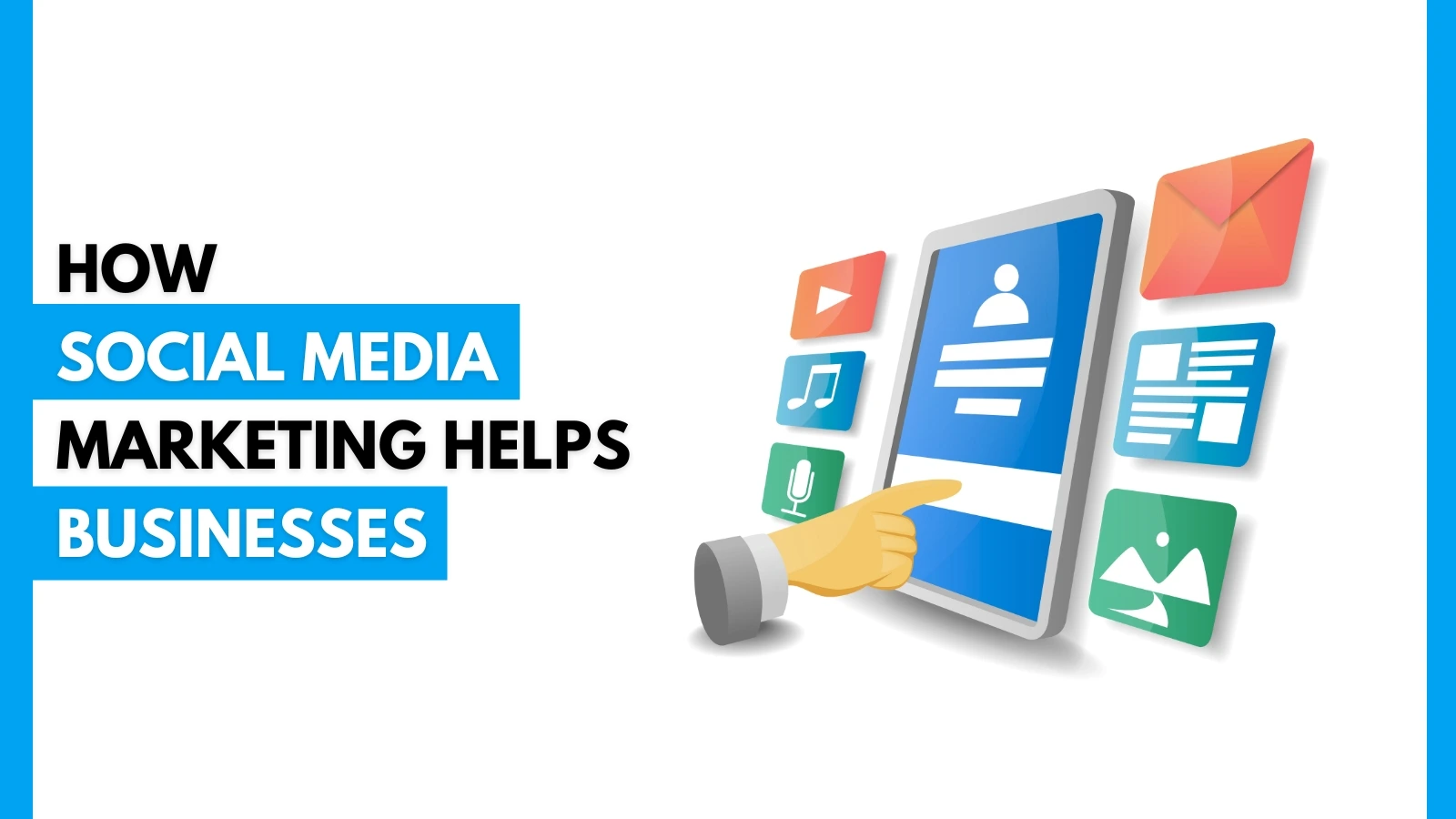


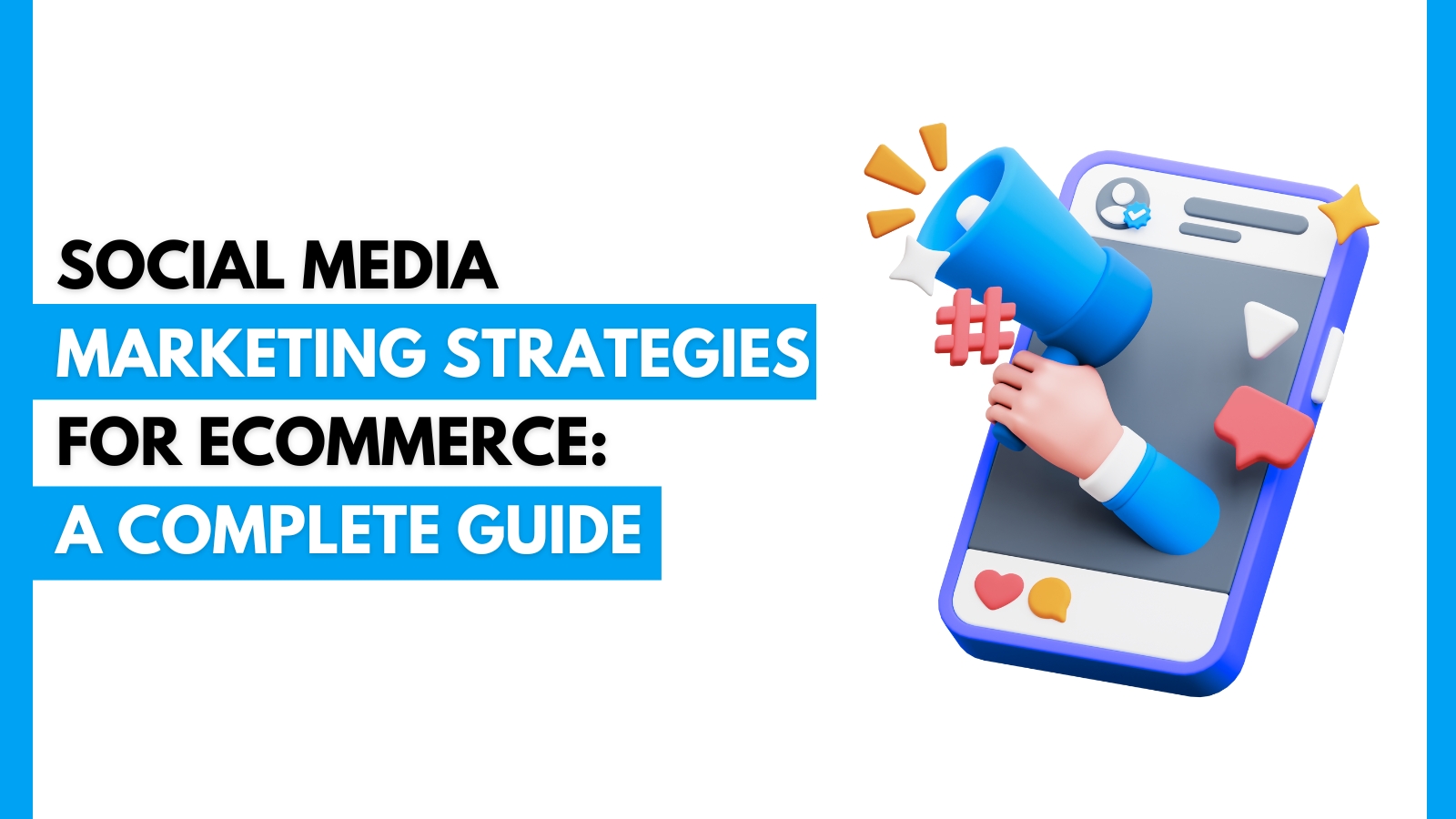

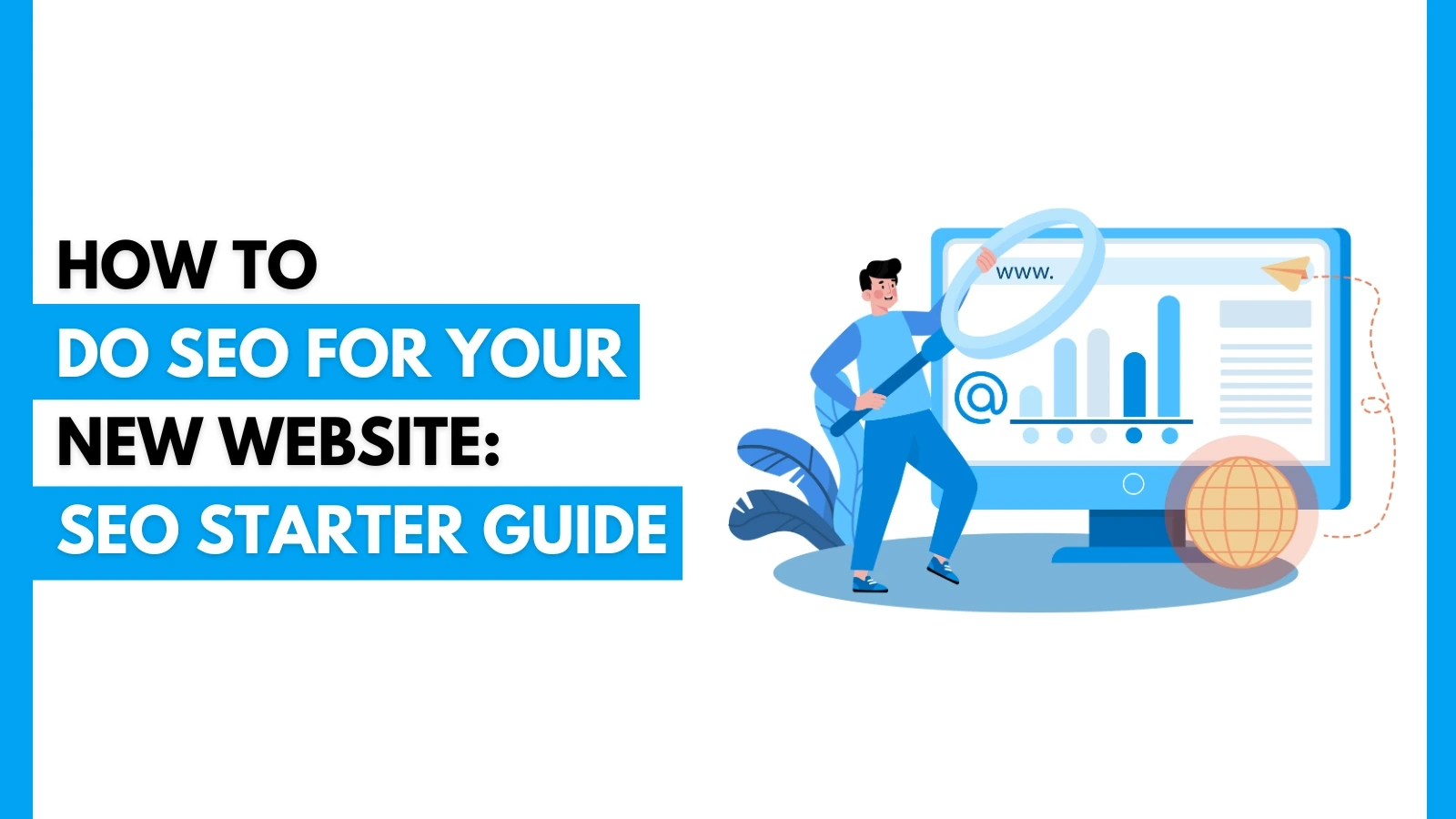
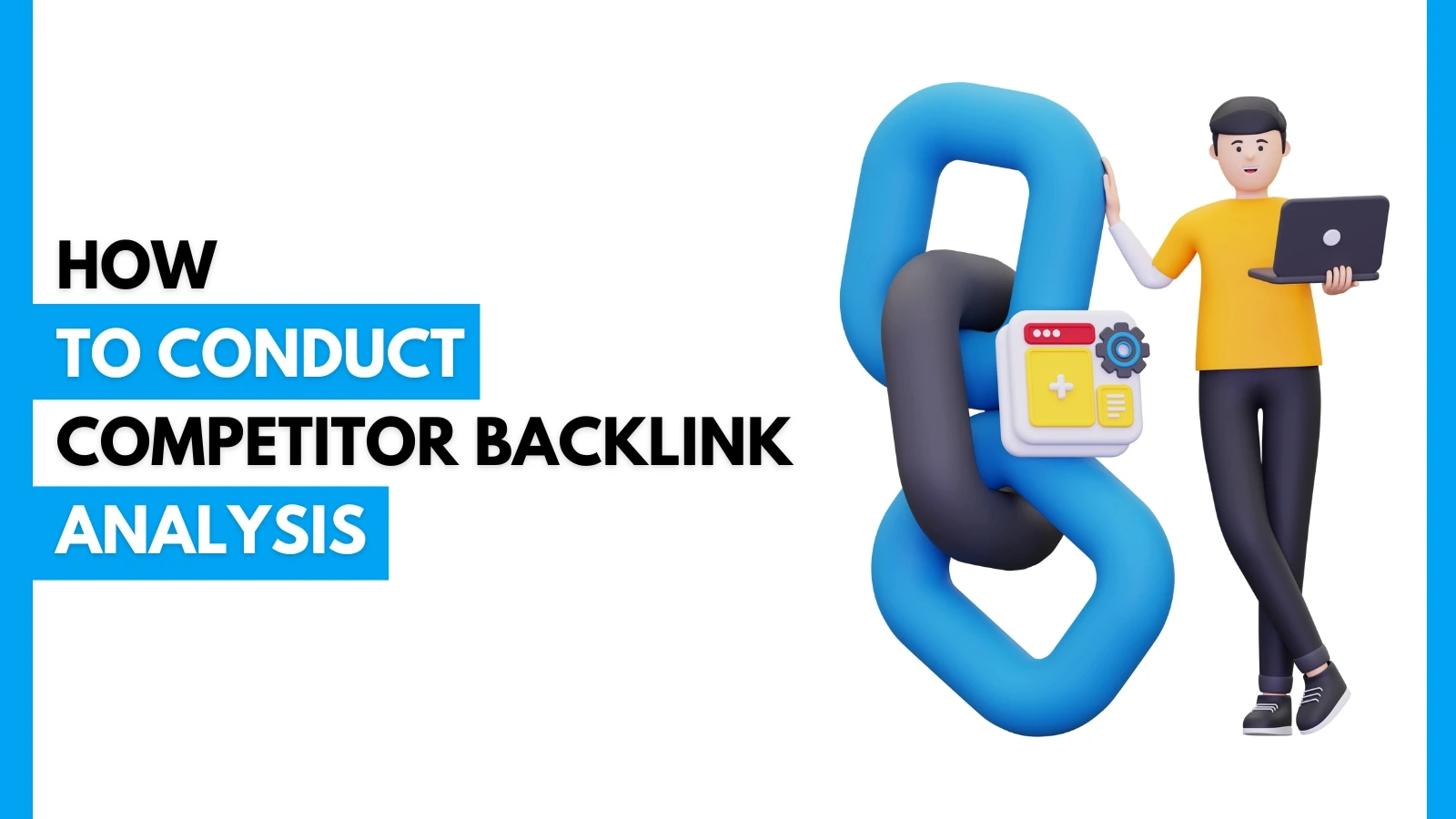
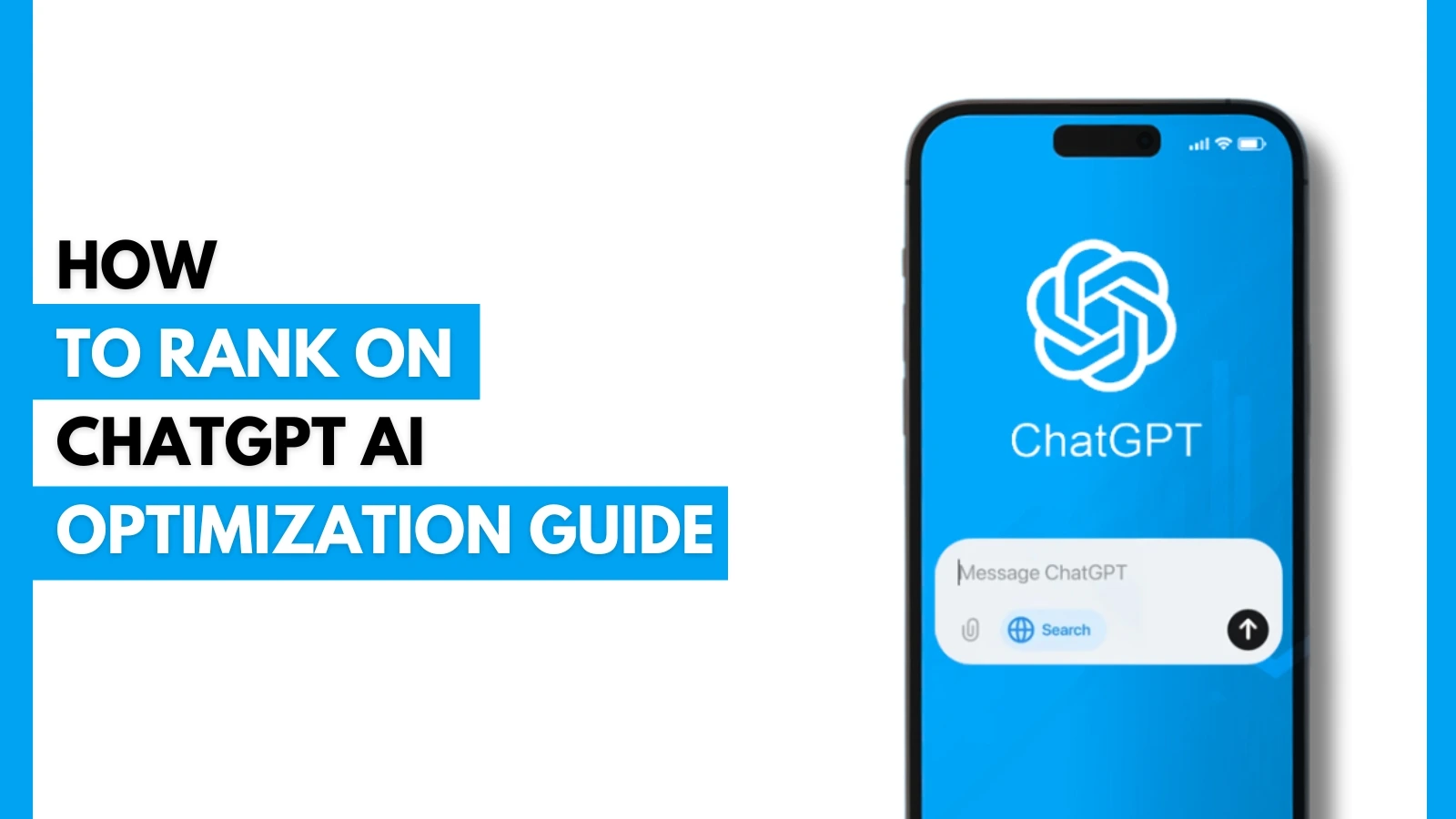
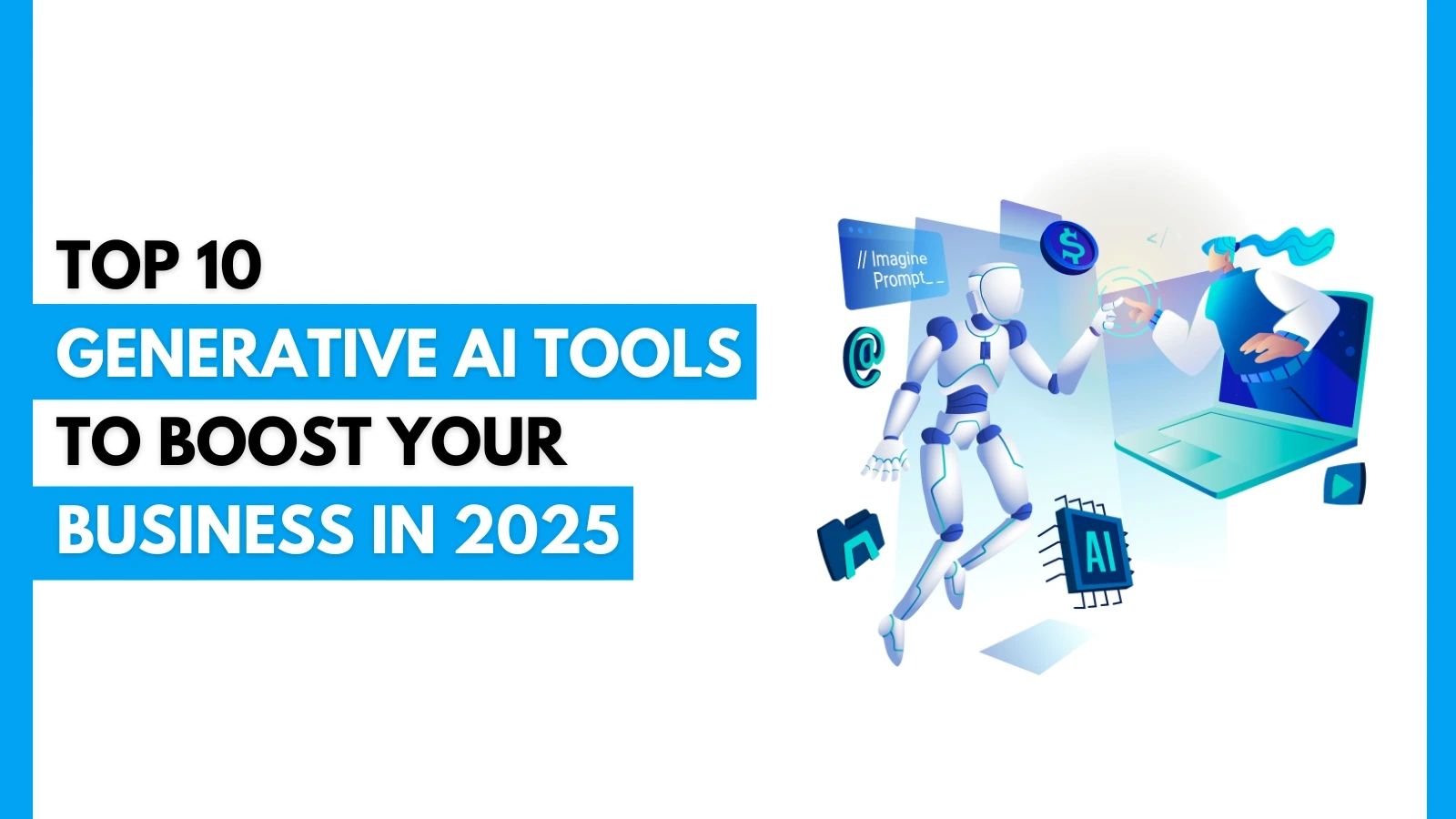
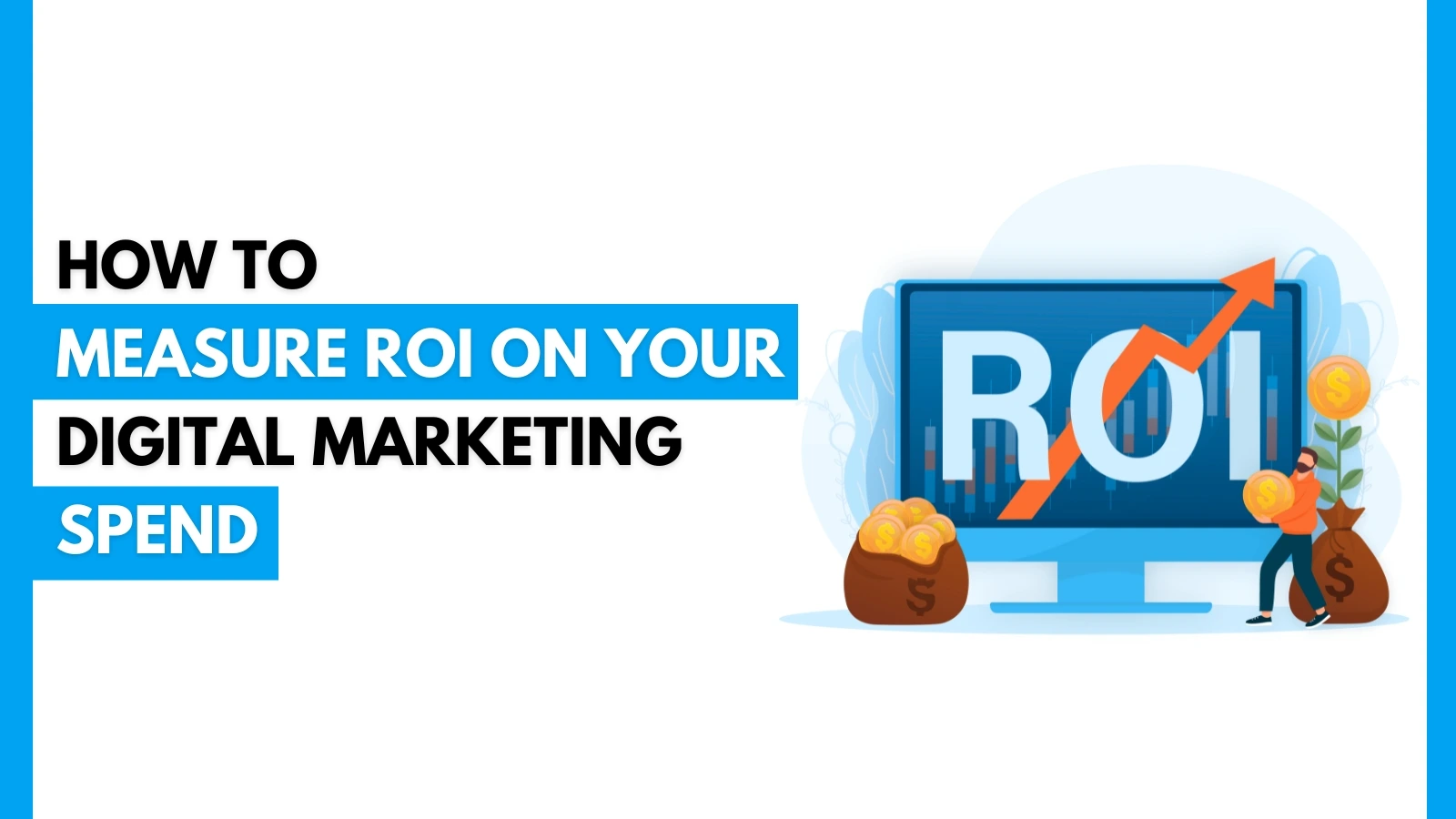


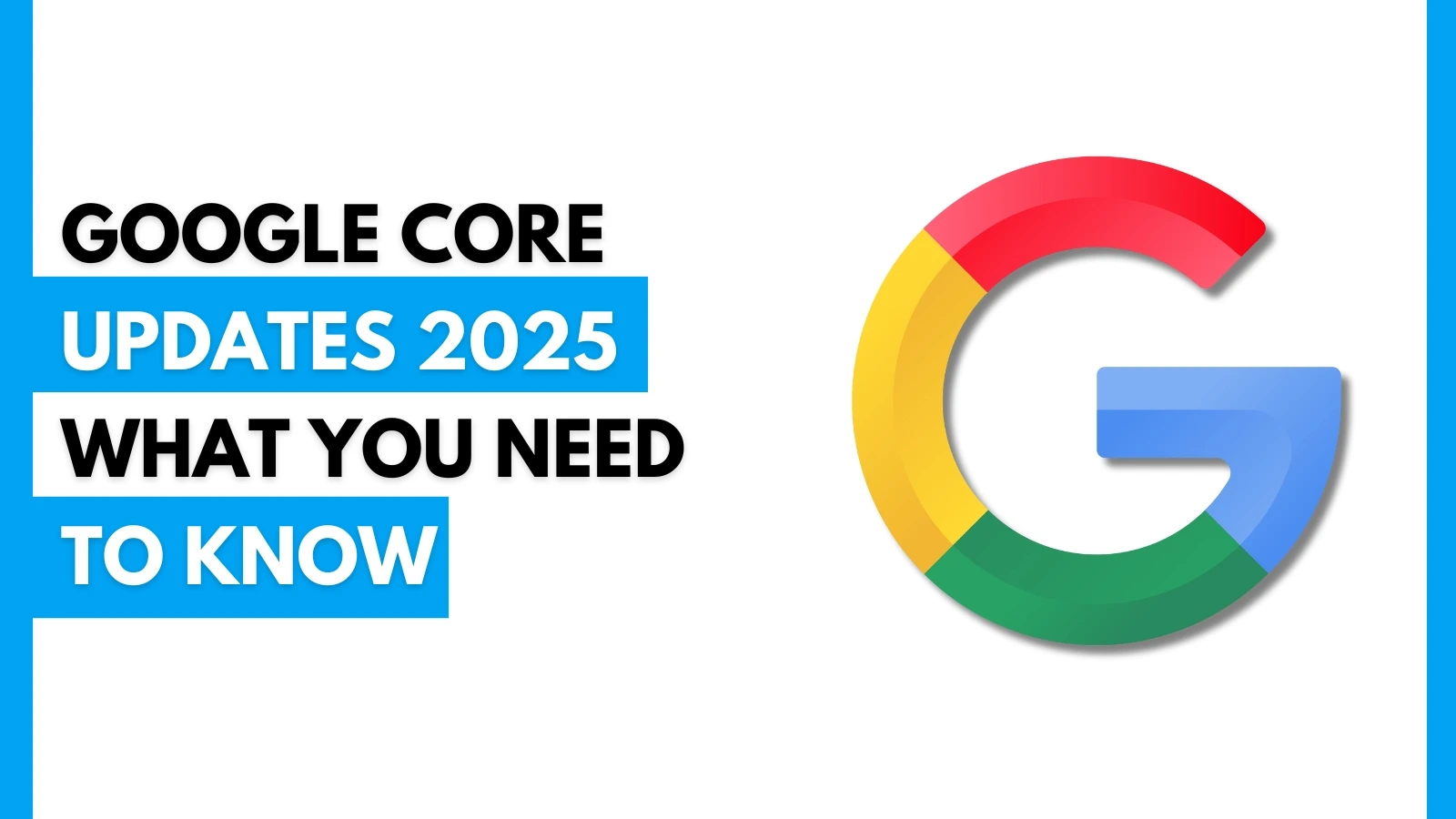





.webp)






















 A Complete Guide.webp)











































.jpg)










 Efficiently.jpg)
.jpg)
























.jpg)
.jpg)
























.jpg)


















.jpg)
.jpg)




























.webp)





.jpg)


















 Campaign.jpg)




.jpg)

.jpg)

.png)



.jpg)



.jpg)
.jpg)
.jpg)



.jpg)








.png)
.jpg)




.jpg)

.jpg)
.jpg)


.jpg)


.jpg)



.jpg)





















.jpg)














.png)





















.jpg)






.png)

.png)


.png)

.png)
.png)



.png)
.png)
.png)
.png)
.png)

.png)
.png)
.png)
.png)
.png)
.png)
.png)
.png)
.png)
.png)
.png)

.png)
.png)
.png)
.png)
.png)
.png)
.png)
.png)
.png)



.png)
.png)
.png)

.png)
.png)
.png)
.png)
.png)
.png)
.png)
.png)
.png)
.png)
.png)
.png)
.png)
.png)
.png)
.png)
.png)
.png)
.png)
.png)
.png)
.png)
.png)
.png)
.png)
.png)
.png)
.png)
.png)
.png)
.png)


.png)
.png)

.png)
.png)
.png)
.png)
.png)
.png)
.png)
.png)
.png)
.png)
.png)
.png)
.png)
.png)
.png)
.png)
.png)
.png)
.png)
.png)

.png)
.png)
.png)

.png)
.png)
.png)
 (1).png)
.png)
.png)
.png)
.png)
.png)
.png)
.png)
.png)

.png)

.png)
.png)
.png)
.png)
.png)
.png)
.png)

.png)
.png)
.png)
.png)
.png)
.png)
.png)
.png)
.png)
.png)
.png)
.png)
.png)
.png)
.png)
.png)


.png)
.png)
.png)
.png)
.png)
.png)
.png)

.png)
.png)
.png)
.png)
.png)
.png)
.png)
.png)
.png)

.png)
.png)

.png)
.png)
.png)

.png)
.png)
.png)

.png)
.png)
.png)
.png)
.png)
.png)
.png)
.png)
.png)
.png)
.png)
.png)
.png)
.png)
.png)
.png)
.png)
.png)
.png)